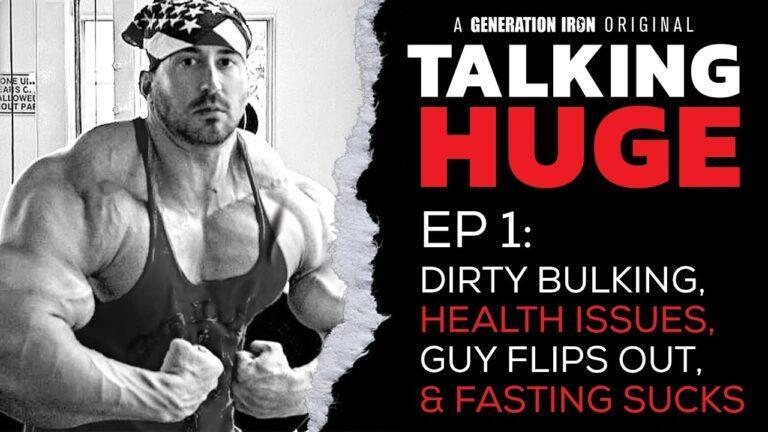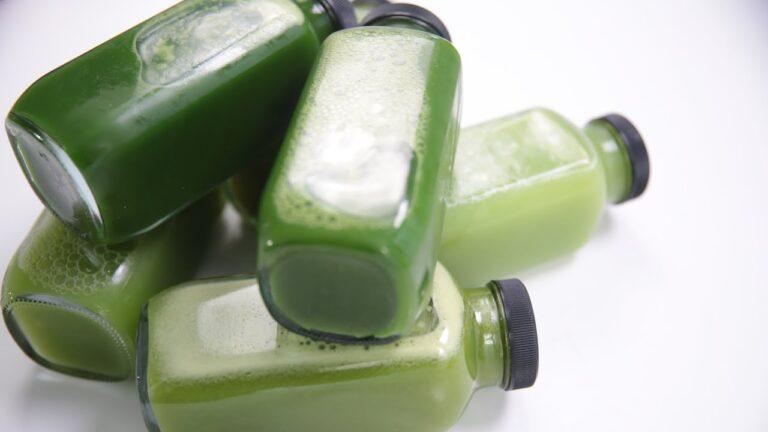If they go untreated, UTIs can spread to the kidneys, per the Mayo Clinic, which can lead to serious health problems. That’s why it’s so important to see a doctor ASAP about your symptoms, so they can prescribe the appropriate treatment and get you on the road to recovery.
But while water can help “flush” bacteria from the urinary tract and prevent an infection from developing, drinking more isn’t enough to treat a urinary tract infection on its own, experts say. “It’s unlikely that drinking water alone can completely flush out an active UTI,” says Dr. Shaw. “You will more than likely need antibiotics to fully eliminate the infection.”
If you do have a UTI, it’s still critical to stay hydrated even though doing so probably won’t get rid of bad bacteria entirely: Drinking enough lets you urinate frequently, which in turn can help alleviate some of the more uncomfortable UTI symptoms, such as burning and pain during urination.
It’s also possible for dehydration to present with similar symptoms to a UTI, says Dr. Ascher-Walsh. If you haven’t been drinking enough water and suddenly start to develop UTI-like symptoms, the first thing you should do is up your H2O intake. “Make sure you’re drinking enough,” he says. “If the symptoms persist, it’s not just dehydration.”
When it comes to so-called natural remedies for UTIs, most have little research to support their use as either a preventive measure or treatment. But one that is promising is cranberry: “The only thing that has really good evidence is cranberry extract,” says Dr. Ascher-Walsh.
“Studies have shown that this particular extract inhibits the bacteria from clinging to the walls of the bladder, and so it can lessen the chances of someone getting a UTI who has recurring UTIs,” explains Dr. Ascher-Walsh.
PACs are found in varying concentrations in cranberry juice or supplements depending on the formulation used, but not all supplements on the market contain enough to be effective. You should reach out to your practitioner for a recommendation on which product to take.
However, in the AUA’s guidelines for treating recurrent UTIs, the expert panel noted that while probiotics are often referenced as a non-antibiotic treatment for urinary tract infections, there’s currently insufficient data to recommend them as a preventive measure or treatment.
But as with the other supplements listed here, vitamin C alone won’t treat a UTI. The vitamin can also interact with certain types of medications, so consult your doctor before taking a new supplement.
Dr. Shaw says he sometimes recommends D-mannose capsules to patients in his practice, and they might be worth trying if you’re prone to UTIs. As with the other supplements on this list, though, more research on them is needed.
Some experts think garlic extract supplements may also help prevent UTIs because garlic has antimicrobial properties, explains Dr. Shaw. But little research has been done on the connection between garlic and urinary health, so it’s best to skip this remedy.
Unfortunately, there are no “natural” treatments for a urinary tract infection. You might find that the home remedies above help minimize your symptoms while you wait for an appointment with your doctor, but none have been scientifically proven to actually treat a UTI. “Studies are inconclusive that these [supplements] make a difference,” says Dr. Ascher-Walsh.
“You can minimize your symptoms by increasing water intake or by taking certain supplements, but to completely treat [a UTI] you will either need to rely on your own immune system” — a strategy that can leave you vulnerable to a worsening infection — “or [get] a round of antibiotics geared specifically to the type of bacteria you are infected with,” says Dr. Shaw.
Showers are your best bet if you have a UTI. “Sitting in a bath for an extended period can cause moisture to build up in the genital area, creating an environment that is more hospitable to bacterial growth,” says Dr. Shaw.
Treating a UTI quickly with a course of antibiotics is particularly important if you’re pregnant. That’s because a urinary tract infection during pregnancy can result in more serious complications for you and your baby.
A UTI can up your risk of delivering prematurely or having a baby with a low birth weight, for one. During pregnancy, urine may be more likely to flow backwards up from the bladder to the kidneys, explains Dr. Ascher-Walsh. “So if you have an infection, there’s an increased risk of developing infection of your kidneys,” which can be more difficult to treat, he says.
This content was originally published here.




















